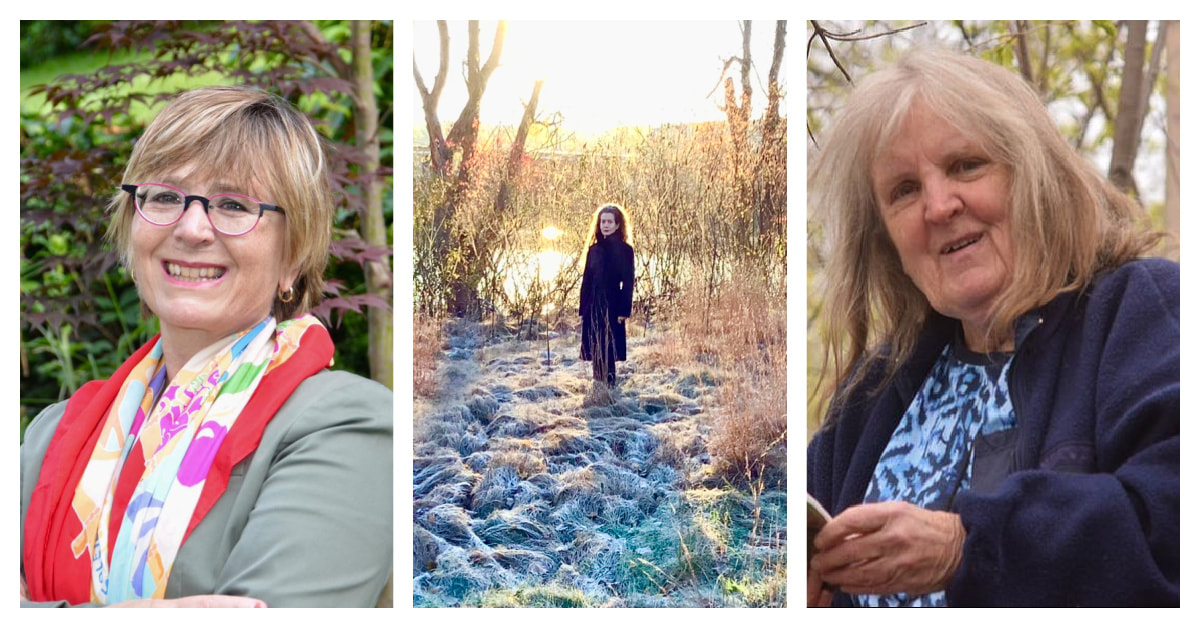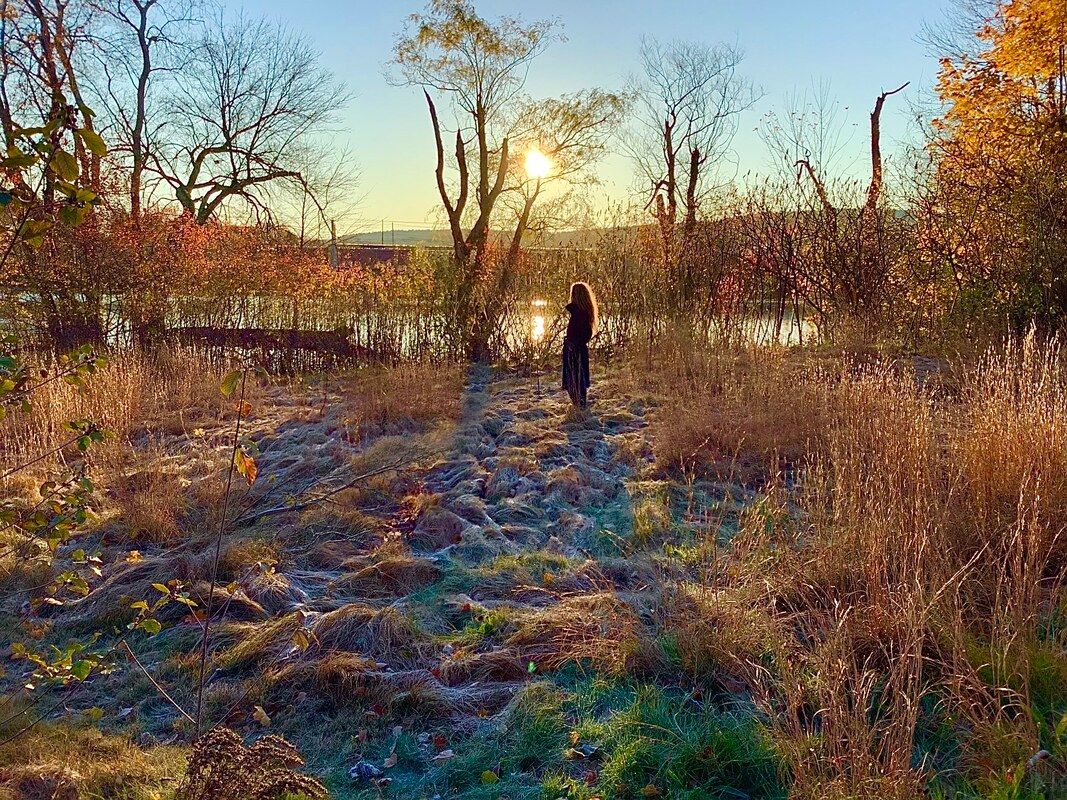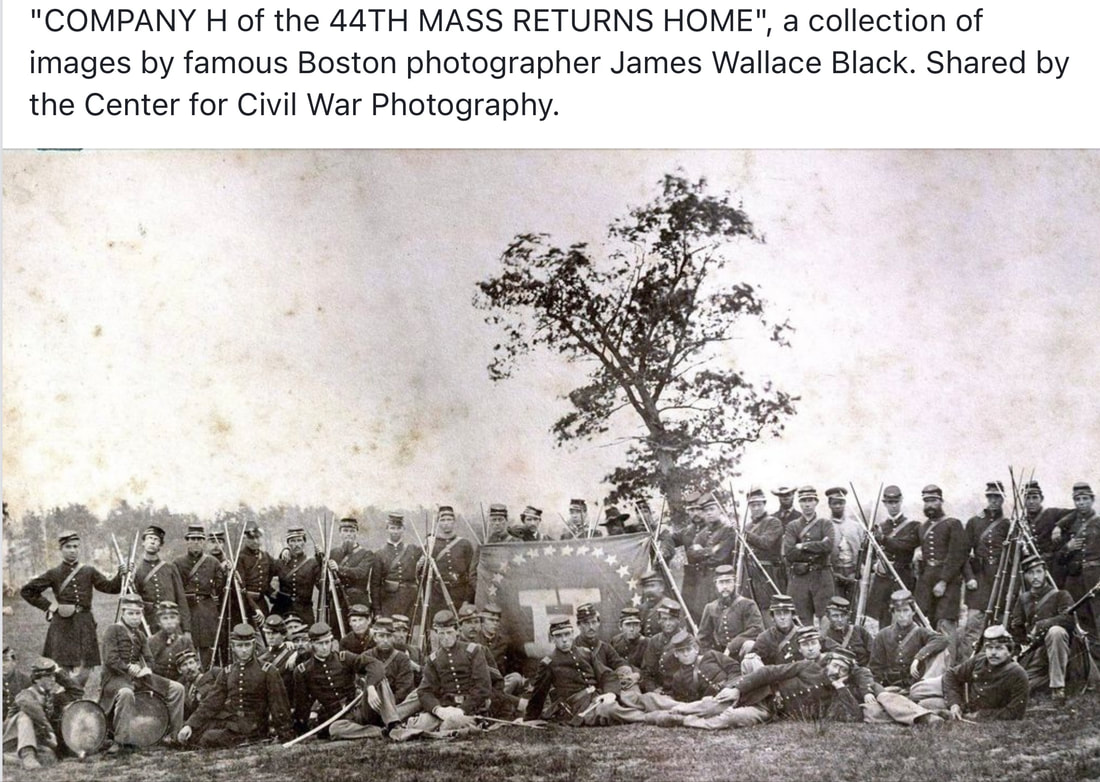|
Sprague Pond, located in Readville, was featured in the December 9 edition of The Bulletin which details the ongoing challenges given its historic nature and potential development. This interview highlights three Hyde Park neighbors who have taken the lead in raising awareness of and preserving this treasure. Tell me a bit about yourselves and your involvement in the Sprague Pond project: Mimi: “I’m the new president of HPNA, long-time activist and community organizer and attorney; I’ve lived in Hyde Park for 20 years. [The Sprague Pond project] is just one of those incredible projects [that] demonstrates the strength of the community coming together. It was a remarkable nexus of a whole host of different skills and capacity that really reflects the best of what Hyde Park can do when it brings community activists and real committed environmentalists together.” Martha: “I’m a lifelong resident of the home I still live in - in Readville. I was raised by my grandmother and she would bring me up giving me the stories of how that was the Civil War campground, training ground and soldiers came there from all over New England. Sprague Pond was always a part of it - kids in my neighborhood would go there swimming [and] fishing. That was before the Acela came in, and then it became too dangerous. To know that this is the last totally undeveloped parcel for the Civil War campground at Sprague Pond and then to know further that MDC (now DCR) also believes it to be a prehistoric/Native American site makes this a very important parcel to preserve for our history. The views of Big Blue are phenomenal! Sprague Pond is a kettle pond - we only have a few of them in Boston and this is one of them. It is an ACEC - area of critical environmental concern - that goes from the Neponset River all across my side of Readville, across the train tracks, across the pond and on to Sprague Street.” Sylvie: "I got a call in April 2020 about Sprague Pond from a colleague that I had done ecosystems physiology field work with, because they knew I was really into American history. At the beginning of lockdown, I had been binging on 18th century maps and journals [and] had purchased artist space in 2013 in Readville and the rivers, reserves and history were a big draw (I had moved from a similar area in Fort Point). By the end of the year, I was looking to return to environmental science and policy work again and in March 2021 I was invited to collaborate with community environmentalists on the technical aspects of this project. The statewide public hearing was held virtually mid-May, and Hyde Park Historical Society received the great pond determination letter by early October." What sparked interest in preserving Sprague Pond? Mimi: “A developer had an agreement with the original owners of two parcels to build a 3 unit townhouse adjacent to the pond - that was the impetus to start pushing back. Then there was the Conservation Commission component - this was all in 2020.” Martha: “I went to the community meeting and went up to them [and said]: “You do know that’s an area of critical environmental concern? You do know that it’s a well protected area, and it’s historical. They claimed they really didn’t know. We later discovered via Boston Urban Wild that it’s been on the city’s list to preserve as open space for many, many years.” Sylvie: "I believe Tom Sullivan of the Hyde Park Historical Society had read (in a golf magazine) that it was a great pond also. I was happy to help with the technical research and presentation because I was “bingeing” on maps and historical docs more than usual, and working on a land-use tool and conservation primer. This isn’t about stopping development - [it’s the sensitivity] to this particular site. The marsh grass is beautiful; it looks like the pencil sketches from the 1700s.” Mimi and Martha joined forces with key contacts to get the city to apply for funds and the matching grant from the Parkland Acquisitions and Renovations for Communities (PARC) to preserve the site. What’s at stake with the Sprague Pond project? Mimi: “There are so many of these land acquisition projects that as a community we’re struggling to protect certain parcels of land. There’s Crane’s Ledge, Dale Street, etc. this question of why does the city not follow through on its commitment to open space even now when we understand that this open space is a critical component to inland climate mitigation. Conservationists don’t get in power and don’t write the laws. [We’re] trying to shift away from development as an economic engine to understanding that green space and inland climate mitigation and all of the things that are fundamental to our survival as human beings and Humans of Hyde Park - it’s fundamental to save this stuff because that’s what makes us human: embracing nature and the natural world and the cultural and historic manifestations especially at this site. We’re hopeful with the new mayor that it’ll be systematic; each one [of these land acquisition projects] is its own little struggle but each one is part of this larger struggle of saving the remaining green space.” What’s the current status of the project and what are the next steps?
Mimi: “There’s been an appraisal done of the parcels. We’ve received a pledge of funding from the state and city." Sylvie: “We met via zoom in March, presented May 2021, the state’s open comments concluded July 30 and the great pond designation was granted on October 12. The City of Boston Parks and Recreation Department secured a Commonwealth PARC grant that was accepted in December. Together with Community Preservation Act Funds, we were able to put together monies for land acquisition and extend an offer to the prospective developers through the Trust for Public Lands. There is a lot of important environmental justice work going on in Massachusetts and in the city- inland and on the coast- and all of these projects are part of one ecosystem, so it’s all in progress." Mimi: “There was a lot of work that was done with the former State Rep. Angelo Scaccia and Rep. Rob Consalvo played a big role in getting a commitment of funding from the state and matching funding from the city [in fall 2021]. We have funding for what is a rational amount and the question is whether the developer will hold out or not.” Martha: “Even if the developer doesn’t want to take that, he can’t bring in the water and other stuff he wants [given there’s the] great pond designation.” Mimi: “Sylvie did a huge amount of research; she and Frank O’Brien presented to DEP and then there was this [great pond] designation so those are major milestones in this project that started with Martha hoping we could do something.” What message do you have for your fellow Hyde Park neighbors?: Mimi: “We are neighbors helping neighbors. You can come to meetings, you can write letters, talk to your neighbors - it’s really about getting a groundswell of community will to push political will.” Sylvie: "People really come from all walks of life and many different state and municipal offices a and many different state and municipal offices [to support our project]. No matter what you can contribute - big or small - everyone is important to the civic process. I've been impressed to see everyone gather around these issues and drop whatever differences they may have. So much was accomplished in a short period, and during a pandemic, because we were building on prior efforts, and because we have liberty and a democratic process. We used maps from as far back as 1640, and we were able to access court records, deeds, and other vital research because Americans value public education and open information. The Massachusetts constitution is the oldest functioning constitution in the United States and environmental protection legislation is written in because it is fundamental. We exercised law according to the Great Pond Act of 1648 and the public land and waterfront acts of 1866, that reaffirmed the public’s right to open space, clean air and water- and that is thrilling. To know that regular people can engage with the government and accomplish so much is extremely motivating, and moving." Martha: “By talking to one another, other people will join [the cause] and that will make a difference.” Mimi: “Door knocking is so important; it’s one of my favorite things to do. You can’t really understand a neighborhood unless you knock on doors. You have to meet the neighbors - you have to know people on a personal level.” Sylvie: “Kids can get involved through Leventhal Map Center - they have a whole unit on the Civil War that includes a map of the encampment at Camp Meigs.” _________________________________________________________ Nominate yourself or someone in the community for a Humans of Hyde Park story; nominees can remain anonymous in the story or use their first name only if they prefer: https://goo.gl/forms/qgTj1Rh8t2bSbh973
1 Comment
1/9/2023 08:21:11 am
hanks for sharing the article, and more importantly, your personal experience of mindfully using our emotions as data about our inner state and knowing when it’s better to de-escalate by taking a time out are great tools. Appreciate you reading and sharing your story since I can certainly relate and I think others can to
Reply
Leave a Reply. |
Details
AuthorQuiana first came to Boston as a college student, graduating from Wellesley College in 2002 and returned in 2016 to live in Hyde Park with her husband and two children. Archives
October 2022
Categories |



 RSS Feed
RSS Feed